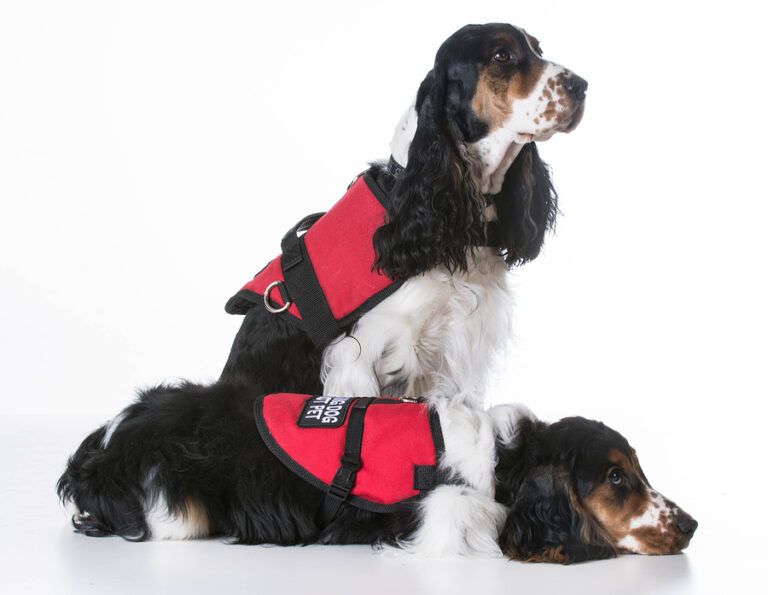The People and Animals Well-being (PAW) Act, a bipartisan bill, has been reintroduced by Congresswomen Deborah Ross and Claudia Tenney. The legislation seeks to broaden access to pet insurance by allowing pet owners to utilize Health Savings Accounts (HSAs) and Flexible Spending Accounts (FSAs) for veterinary expenses.
The bill proposes that pet owners could allocate up to $1,000 from their HSAs and FSAs to cover veterinary care or pet insurance costs. However, funds for service animals would remain unlimited. “Pets are more than just animals–in many households, they’re family members,” stated Rep. Ross. She emphasized that rising household expenses can make the cost of pet insurance a burden for some families. Furthermore, she highlighted her pride in introducing the bipartisan PAW Act to ensure that pet owners can afford care for their animals. She also expressed her gratitude for Rep. Tenney’s continued collaboration in supporting pet owners.
Rep. Tenney echoed these sentiments, stating, “Pets and service animals are valued members of our families and lives, with many benefits including increasing our lifespan, reducing stress, and promoting physical activity.” She emphasized the importance of affordable, quality pet care. Specifically, the PAW Act aims to allow pet owners to use their HSAs and FSAs for veterinary care.
Additionally, the PAW Act seeks to update the Internal Revenue System’s (IRS) definition of a “service animal” to include those trained for both physical and mental disabilities. The bill aims to minimize its impact on federal spending by maintaining existing contribution limits for HSAs and FSAs while bolstering the affordability of pet care.



